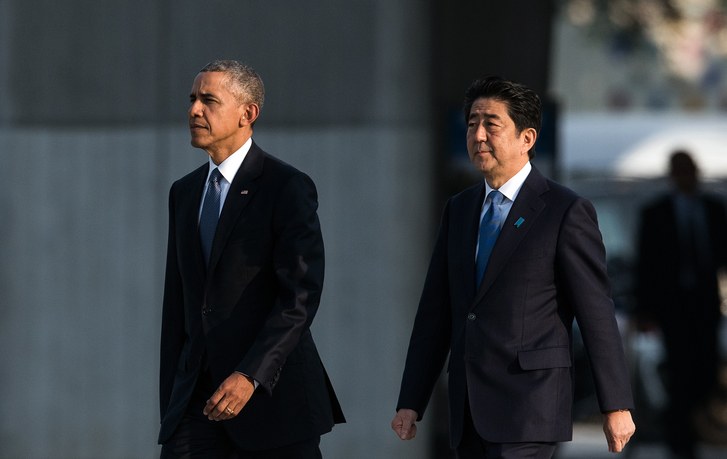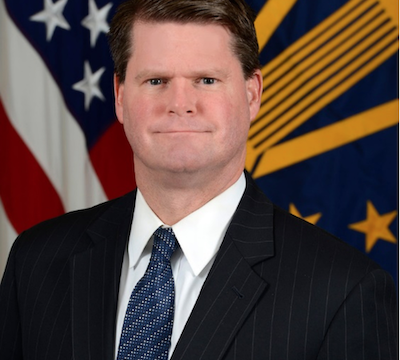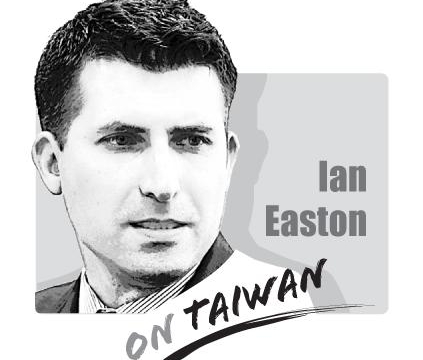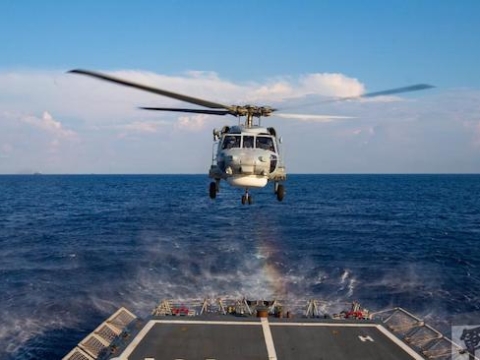
China’s Evolving Space Capabilities: Implications for U.S. Interests
April 26, 2012
Leadership Transitions in the Second Artillery Force at the 18th Party Congress: Implications for Roles and Missions
May 7, 2012By: Vance Serchuk |
Speaking at Suntory Hall in Tokyo during his inaugural visit to the Asia-Pacific region as President of the United States, Barack Obama in November 2009 affirmed his Administration’s commitment to “an enduring and revitalized alliance between the United States and Japan.†Noting the impending 60th anniversary of the alliance, President Obama pledged to “deepen†the ties between Washington and Tokyo as a cornerstone of a broader strategy of reengagement with the region. At the same time, Obama cast the U.S.-Japan alliance in global terms, noting Japan’s “important contributions to stability around the world—from reconstruction to Iraq, to combating piracy off the Horn of Africa, to assistance for the people of Afghanistan and Pakistan.â€
P2049_Serchuk_IranAllianceManagement_04302012



